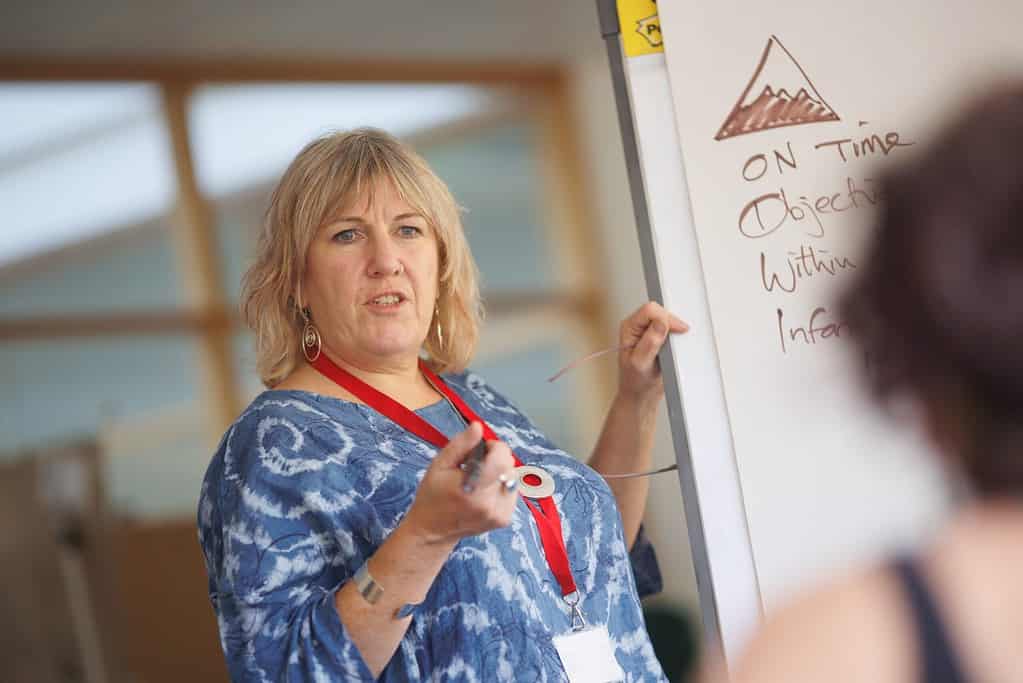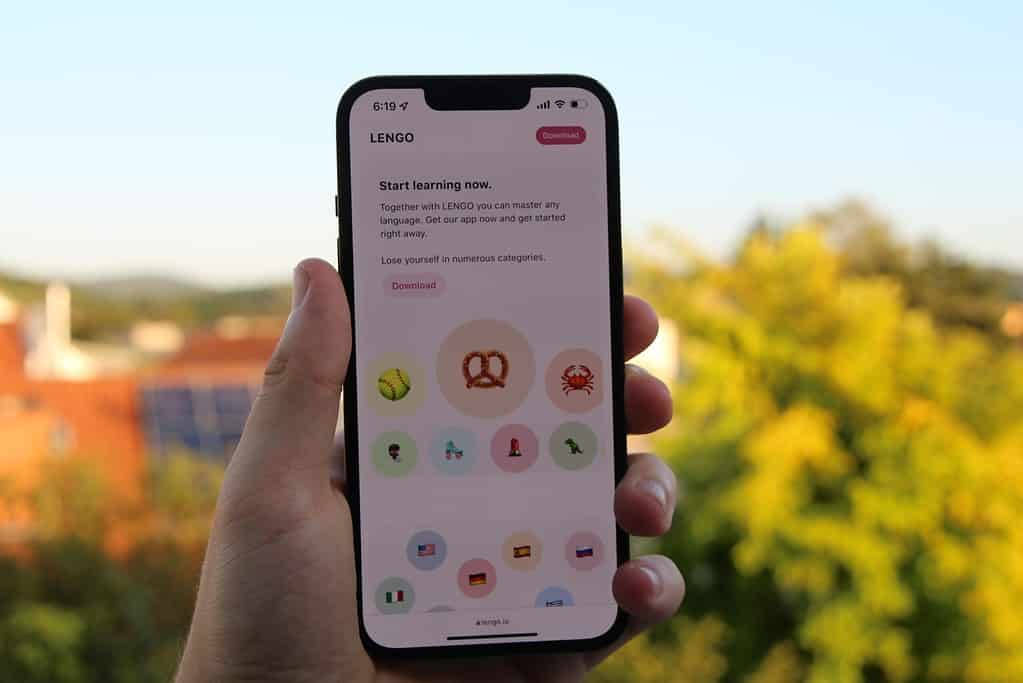Introduction: Understanding French Bureaucracy
For many expats, the term “French bureaucracy” can evoke images of labyrinthine processes and endless paperwork. Yet, behind this reputation lies a well-organized system that, once understood, can actually empower residents to gain full access to the services and benefits offered by France. Navigating administrative tasks—from opening a bank account to registering for healthcare—requires not only perseverance but also a solid grasp of specific vocabulary and expressions. Here, we explore how learning key phrases can confidently bridge the gap between misunderstandings and effective communication. Over the course of this guide, practical examples and real-life scenarios provide a step-by-step approach to understanding French institutional language, lending insight into both procedures and the nuanced cultural expectations that underpin every interaction with local authorities.
Even if you’re initially overwhelmed by the complexity of procedures, breaking down these daunting tasks into manageable parts is essential. Whether you are in the process of setting up utilities, dealing with residency permits, or asking for directions at the town hall, learning the everyday language used by officials will transform these interactions into opportunities for personal empowerment. This journey not only speeds up the process but also enhances your personal connection to local life and culture.
Essential Vocabulary for Administrative Tasks
A strong vocabulary foundation is the cornerstone of any language-learning effort, and this is especially true when dealing with administrative matters. In France, everyday terms such as compte bancaire (bank account) and justificatif de domicile (proof of address) are not just isolated words—they encapsulate the procedures, requirements, and formalities of everyday interactions.
Consider the process of opening a bank account. Familiarize yourself with phrases like compte courant (current account), compte d’épargne (savings account), and carte bancaire (bank card). An essential document you might encounter is the relevé d’identité bancaire (RIB), which verifies your account details. Knowing these terms ahead of time enhances your confidence when you step into a bank, helping you ask questions such as, “Je voudrais ouvrir un compte bancaire” (I would like to open a bank account) or “Quels documents dois-je fournir ?” (What documents do I need to provide?).
For a deeper dive into banking vocabulary, several resources break down these terms in context. For instance, a comprehensive guide on essential banking vocabulary in France is available at FrenchEntrée.
Expanding your lexicon to include terms related to healthcare, local authorities, and miscellaneous administrative tasks further empowers you to navigate French bureaucracy with ease and polish.
Common Scenarios and Phrases for Expats
Everyday administrative encounters in France come with their own set of vocabularies and dialogues, each presenting its unique challenges. For example, opening a bank account is more than just signing paperwork—it is a conversation that requires you to be comfortable with terms and phrases specific to the financial sector. In a bank, you might need to state, “Je voudrais ouvrir un compte bancaire,” or ask, “Quels sont les frais associés à ce compte ?” (What are the fees associated with this account?). Understanding these interactions in advance can alleviate stress and pave the way for smoother transactions.
The healthcare system is another common area where effective communication is crucial. When registering for healthcare, you might encounter terms such as la Sécurité Sociale, Carte Vitale (health insurance card), or CPAM (Caisse Primaire d’Assurance Maladie). Simple yet precise phrases like “Comment puis-je m’inscrire à la Sécurité Sociale ?” (How can I register for Social Security?) or “Quels documents sont nécessaires pour obtenir une Carte Vitale ?” help steer the conversation in the right direction. Detailed explanations of these terms are available on ApexTra, offering expats a closer look at the institutional language and processes.
Interactions with local authorities—even down to scheduling an appointment at the local town hall (mairie) or prefecture—demand familiarity with specific questions and terminologies. Being prepared with sentences like, “Je voudrais prendre rendez-vous à la préfecture” (I would like to make an appointment at the prefecture), attests to your proficiency and respect for the established procedures. In these settings, practicing these phrases beforehand can make a significant difference in your daily interactions.
Tips for Effective Communication with French Officials
Effective communication with French officials relies on clarity, politeness, and a healthy dose of cultural sensitivity. Even when you are not yet fully fluent, preparation going into meetings or appointments can mitigate misunderstandings. Importantly, the French appreciate formality and courtesy in bureaucratic settings. Starting with a polite greeting—often a simple “Bonjour” or “Bonsoir”—sets a respectful tone that can make subsequent discussions smoother.
When addressing officials, keep your questions clear and direct. Preparing a list of key phrases before your appointment can save time and reduce anxiety. For instance, if you find yourself unsure about the next steps while submitting your documents, asking “Quels documents dois-je fournir ?” is a concise way to request clarification. Practice these interactions outside the office—platforms such as swaplang offer secure, one-to-one video sessions with native speakers, helping you build both fluency and confidence without the pressure of a formal setting.
Another tip is to be patient and ask for repetition if needed. French officials sometimes use formal language that might not be immediately understandable. Do not hesitate to say, “Pourriez-vous répéter, s’il vous plaît ?” (Could you repeat, please?). This not only ensures you grasp the necessary information, but it also shows your willingness to learn and engage fully with the process.
Cultural Insights: Navigating Social Norms in Bureaucratic Settings
Language learning is inseparable from cultural understanding, and nowhere is this more apparent than in French bureaucratic environments. Beyond the words themselves, knowing the cultural context can transform everyday interactions from merely transactional to genuinely meaningful exchanges. Residential meetings, healthcare enrollments, and financial transactions each come with social expectations.
For example, punctuality is highly valued. Arriving on time—or even a few minutes early—for appointments is seen as a sign of respect. Additionally, the formal register used in communication can be critical. Using the formal “vous” instead of the informal “tu” in official settings demonstrates deference and professionalism, ingraining trust between you and the officials.
Understanding non-verbal cues is another cultural insight that can assist you in navigating French bureaucracy. A firm handshake, a smile, or clear eye contact may complement the proper use of formal language and set the stage for a positive interaction. These subtle markers of respect and formality not only help in fostering smoother communications but also in building long-term relationships with local institutions.
For the culturally curious, exploring other aspects of French interactions through additional resources can be enlightening. Articles such as Visa Terms in French | French Vocabulary for Expats delve into the linguistic and cultural subtleties that underpin French administrations, offering a broader understanding of not only what to say but also how to act within these systems.
Resources for Further Learning and Practice
Mastering the vocabulary and nuances of French bureaucracy is an ongoing journey, and there are countless resources available to support you along the way. Whether you prefer self-study, interactive learning, or one-on-one sessions, investing time in practice will yield significant improvements. Websites like FrenchEntrée provide handy glossaries and context for banking terms, while ApexTra breaks down healthcare and other administrative phrases into easily digestible segments.
For those seeking more interactive experiences, language exchange platforms such as swaplang offer secure, ad-free private rooms where you can practice real-life scenarios with native speakers. With flexible scheduling and three free sessions to get started, these services become a valuable ally in building conversational confidence. Supplemental content on related topics—such as overcoming challenges in French pronunciation or engaging in everyday small talk—can also help round out your language skills. Exploring articles like Master Everyday French Conversation with swaplang or other related pieces available on language exchange blogs will deepen your understanding and provide practical tips for daily interactions.
Learning French bureaucracy vocabulary and phrases is not about memorizing a list of isolated words; it’s about integrating into a culture and system that values clarity, precision, and courteous interaction. With the right tools and resources at your fingertips, the maze of French bureaucracy becomes a series of manageable steps toward full integration into your new home.

















